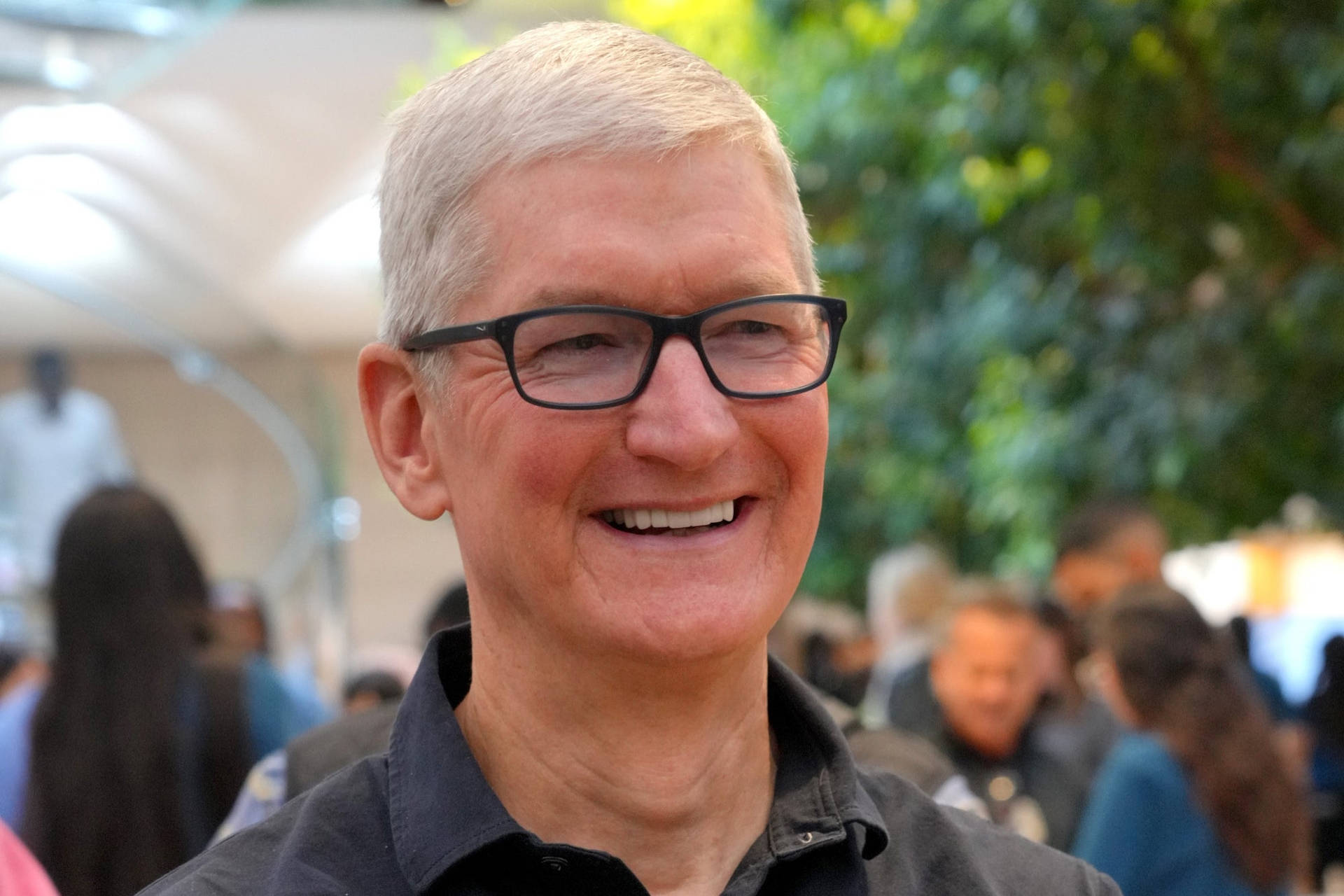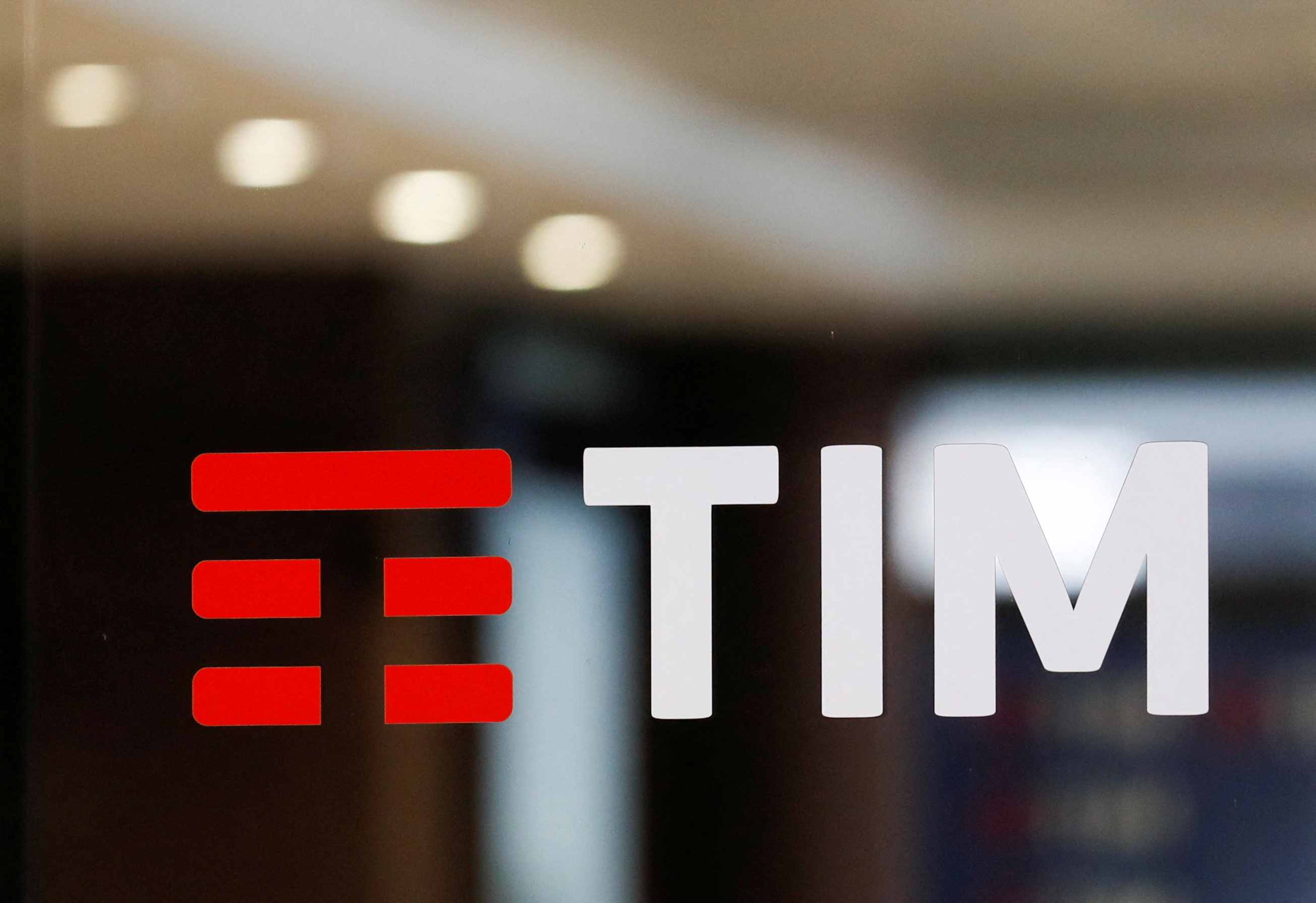Exploring Tim Cook's Net Worth: A Look At Apple's CEO Wealth
Have you ever wondered about the financial standing of the people leading the world's biggest companies? It's a question many folks ask, and it's quite natural to be curious about how much wealth someone like Apple's CEO, Tim Cook, has accumulated. His journey with Apple is a remarkable story, truly, and his financial picture is, in a way, tied to the company's incredible growth.
Understanding Tim Cook's net worth gives us a glimpse into the financial side of one of the most influential figures in modern technology. It helps shed light on how top executives are compensated, particularly in a company that has, you know, reshaped so much of our daily lives. His wealth, a bit surprisingly to some, comes mostly from his long tenure at Apple.
This article will take a closer look at Tim Cook's financial journey, exploring the key components of his wealth, the significant role Apple stock plays, and even some of the decisions that have shaped his earnings over the years. We'll explore his salary and stock awards, and also discuss why he, in some respects, took a pay cut not too long ago.
Table of Contents
- Tim Cook's Journey and Role at Apple
- Personal Details and Bio Data
- The Core Components of Tim Cook's Net Worth
- Understanding the 2023 Pay Cut
- How Wealth is Earned and Managed
- Frequently Asked Questions About Tim Cook's Net Worth
- A Look at Executive Compensation
Tim Cook's Journey and Role at Apple
Tim Cook, a very significant figure in the technology world, joined Apple back in 1998. That was, you know, a pivotal time for the company, and his involvement really helped set the stage for what was to come. He played a crucial role in transforming Apple into the massive entity it is today, eventually becoming its leader.
His work at Apple has been about, well, steering the ship through various challenges and triumphs. Under his guidance, the company has grown immensely, reaching, in a way, a staggering $3 trillion valuation. This growth, it's almost undeniable, has had a direct impact on his personal wealth, primarily through the value of Apple's shares.
His leadership has seen Apple expand its product lines and strengthen its global presence, cementing its place as a leader in innovation. So, his long history with the company is, you know, a big part of why his net worth is what it is today.
Personal Details and Bio Data
While the focus here is on his financial standing, it's useful to have a few key details about his professional life at Apple. These bits of information help frame his position and the context of his earnings, so.
| Detail | Information |
|---|---|
| Role | CEO, Apple Inc. |
| Joined Apple | 1998 |
The Core Components of Tim Cook's Net Worth
When we talk about Tim Cook's net worth, it's really about a few key things that make up his financial picture. His wealth, you know, isn't just a simple number; it's a combination of different assets, with one particular element standing out significantly. Understanding these parts gives us a clearer idea of where his money comes from.
For most top executives, especially at large public companies, their personal fortune is very much tied to the company's success. This is certainly the case for Tim Cook, as his wealth is, in a way, deeply connected to how Apple performs. It's a rather common structure for executive compensation, you know, designed to align their interests with those of the shareholders.
So, let's break down what actually makes up his estimated billions. It's, you know, a pretty interesting mix, but one component truly dominates the rest, as we'll see. This approach to compensation is, in some respects, a standard practice in the corporate world, aiming to incentivize long-term growth and stability for the business.
The Power of Apple Stock Holdings
The most significant part of Tim Cook's net worth, by far, comes from his Apple stock. This isn't really a surprise, as it's how many high-level executives at successful companies build their fortunes. As of 2024, for instance, he held a substantial number of Apple shares, which were worth quite a lot of money at the prevailing market rates, you know.
Specifically, in 2024, he owned 3.28 million shares of Apple. At the current rate at that time, these shares were valued at over $600 million. That's a very significant sum, and it shows just how much his personal finances are linked to the company's market performance. When Apple's stock goes up, so does, in a way, a big part of his wealth.
It's also worth noting that he has, you know, sold part of his Apple stocks over time. This is a typical practice for executives to diversify their assets or to, perhaps, realize some of the value from their long-term holdings. The value of these shares, of course, can fluctuate, so his net worth is, you know, a dynamic figure that changes with the market.
Looking ahead, the estimates for his net worth continue to show the importance of these stock holdings. As of 2025, his net worth was estimated at $1.9 billion, primarily from Apple stock. A slightly later estimate for March 2025 put his net worth at around $2.5 billion. These figures, arguably, highlight the considerable impact of Apple's continued success on his personal fortune.
The sheer volume of shares he holds means that even small movements in Apple's stock price can result in very large changes to his overall wealth. It’s a powerful illustration of how equity compensation works for top leaders. This structure, you know, encourages them to focus on the company's long-term health and growth, which benefits everyone involved, really.
Salary, Bonuses, and Other Earnings
While Apple stock makes up the lion's share of Tim Cook's net worth, his salary, bonuses, and other financial insights also contribute to his overall wealth. These elements are part of his annual compensation package, providing a steady income stream alongside the more volatile stock awards. It's, you know, a pretty standard setup for a CEO of his caliber.
His salary provides a base income, but it's often the stock awards and performance-based bonuses that truly swell an executive's earnings. These awards are typically tied to specific company performance metrics, so they're designed to reward the CEO for meeting certain goals. This structure, in a way, aligns his personal financial goals with Apple's business objectives.
For example, he has received massive stock awards in previous years, such as in 2022. These awards are usually granted over several years, meaning they vest, or become fully owned, over time. This encourages long-term commitment to the company's success. It's a common way for companies to retain top talent, you know, by giving them a stake in the future.
Beyond the regular salary and stock, there are often other forms of compensation. These might include things like perks, deferred compensation plans, or other benefits that add to the overall financial picture. While not as large as the stock holdings, these components are, you know, still very significant parts of how he earns his wealth.
So, his earnings are a blend of direct cash payments and equity, with the latter being the dominant force. This comprehensive approach to compensation is, in some respects, designed to provide both immediate income and long-term incentives, ensuring that the CEO remains invested in the company's continued prosperity.
Understanding the 2023 Pay Cut
One interesting aspect of Tim Cook's financial journey is that he voluntarily took a pay cut in 2023. This decision came after, you know, some pressure from both shareholders and employees who had raised questions about executive compensation. It's a situation that sometimes arises in large corporations, especially when there's a spotlight on top leadership earnings.
Despite receiving massive stock awards in 2022, the decision to reduce his pay in 2023 was a direct response to these concerns. Shareholders, you know, often have a say in executive compensation through advisory votes, and employees might also express their views, particularly if there's a feeling of imbalance between executive pay and broader company performance or employee salaries.
This move was, in a way, a signal of responsiveness to feedback from key stakeholders. It showed a willingness to adjust compensation practices based on external and internal scrutiny. Such a decision is, you know, not always common, but it can happen when there's a strong push for greater alignment or perceived fairness in pay structures.
The specific reasons for the questioning of executive compensation can vary, but they often revolve around the size of the packages compared to company performance, or perhaps broader economic conditions. So, his voluntary pay cut was, you know, a notable event in his financial timeline, reflecting a moment of adjustment in his compensation strategy.
It highlights that even at the very top, there's a degree of accountability and responsiveness to the broader company community and its investors. This kind of adjustment, you know, can also be seen as a way to maintain good relations with shareholders and foster a sense of shared purpose within the organization.
How Wealth is Earned and Managed
Tim Cook's wealth, as we've discussed, is primarily earned through his role as Apple's CEO, largely from his stock holdings and executive compensation. But how is such significant wealth, you know, typically managed? While the specifics of his personal financial planning aren't public, we can consider general principles applied to wealth of this scale.
For someone with a net worth in the billions, managing wealth involves a lot more than just a regular bank account. It often includes a mix of investments, philanthropic endeavors, and careful tax planning. The goal is usually to preserve and grow the wealth, while also, you know, potentially using it for various purposes, including giving back.
Given that his wealth is so tied to Apple stock, a key aspect of management would involve decisions about when and how to sell shares, often in a structured way to avoid market disruption and manage tax implications. This might involve pre-arranged trading plans, for example. It's, you know, a pretty complex process that often involves financial advisors and legal experts.
Beyond the active management of investments, high-net-worth individuals often engage in philanthropy. While the provided text doesn't detail his specific charitable giving, it's a common practice for those with substantial fortunes to contribute to various causes. This is, in a way, another aspect of managing wealth, directing it towards societal benefit.
So, his wealth is not just a static figure; it's something that is, you know, actively managed and influenced by both his professional decisions at Apple and his personal financial strategies. The way he earns and manages his wealth is, arguably, a reflection of his long and successful career at one of the world's most valuable companies. Learn more about on our site, and link to this page for more details on executive compensation.
Frequently Asked Questions About Tim Cook's Net Worth
What is Tim Cook's net worth in 2024?
As of 2024, Tim Cook's net worth was very much tied to his Apple stock holdings. He owned 3.28 million shares of Apple, which were, you know, worth over $600 million at the then-current rate. His overall net worth includes these shares along with other forms of compensation he has received over his career, so.
Why did Tim Cook take a pay cut in 2023?
Tim Cook voluntarily took a pay cut in 2023. This decision came after, you know, pressure from shareholders and employees who had raised questions about executive compensation. It was, in a way, a response to concerns about the size of executive pay packages, despite his massive stock awards in 2022.
How does Tim Cook primarily earn his wealth?
Tim Cook's net worth is primarily comprised of his Apple stocks. His long tenure at Apple, which he joined in 1998, has allowed him to accumulate a very significant number of shares. These stock holdings, along with his salary, bonuses, and other financial insights, are how he earns and manages his wealth, you know, making his fortune largely dependent on Apple's success.
A Look at Executive Compensation
Understanding Tim Cook's net worth offers a fascinating look into the world of executive compensation at the highest levels of global corporations. His journey, from joining Apple in 1998 to leading it to a $3 trillion valuation, is, you know, directly reflected in his financial standing. His wealth, primarily stemming from his Apple stock, showcases how deeply intertwined an executive's fortune can be with the company's performance.
The figures, like his 3.28 million shares in 2024 worth over $600 million, and the 2025 estimates ranging from $1.9 billion to $2.5 billion, really highlight the substantial value of his equity holdings. The discussion around his 2023 pay cut, a voluntary decision following shareholder and employee feedback, also provides a glimpse into the dynamics and accountability that exist even at the very top. It’s, in some respects, a complex picture that combines long-term incentives with public scrutiny.
This exploration of Tim Cook's net worth, his salary, and the financial decisions that have shaped his journey offers, you know, a clear example of how wealth is built and managed in the corporate sphere. It's a topic that continues to spark conversation and interest, so. For more information on how top executives manage their wealth, you could check out a reputable financial publication, like this one: Bloomberg Wealth.

TIM Group | TIM: Board of Directors approves TIM’s 2024-2026 ‘Free to

Download Apple CEO Tim Cook Captured in Action Wallpaper | Wallpapers.com

14 Facts About TIM - Facts.net